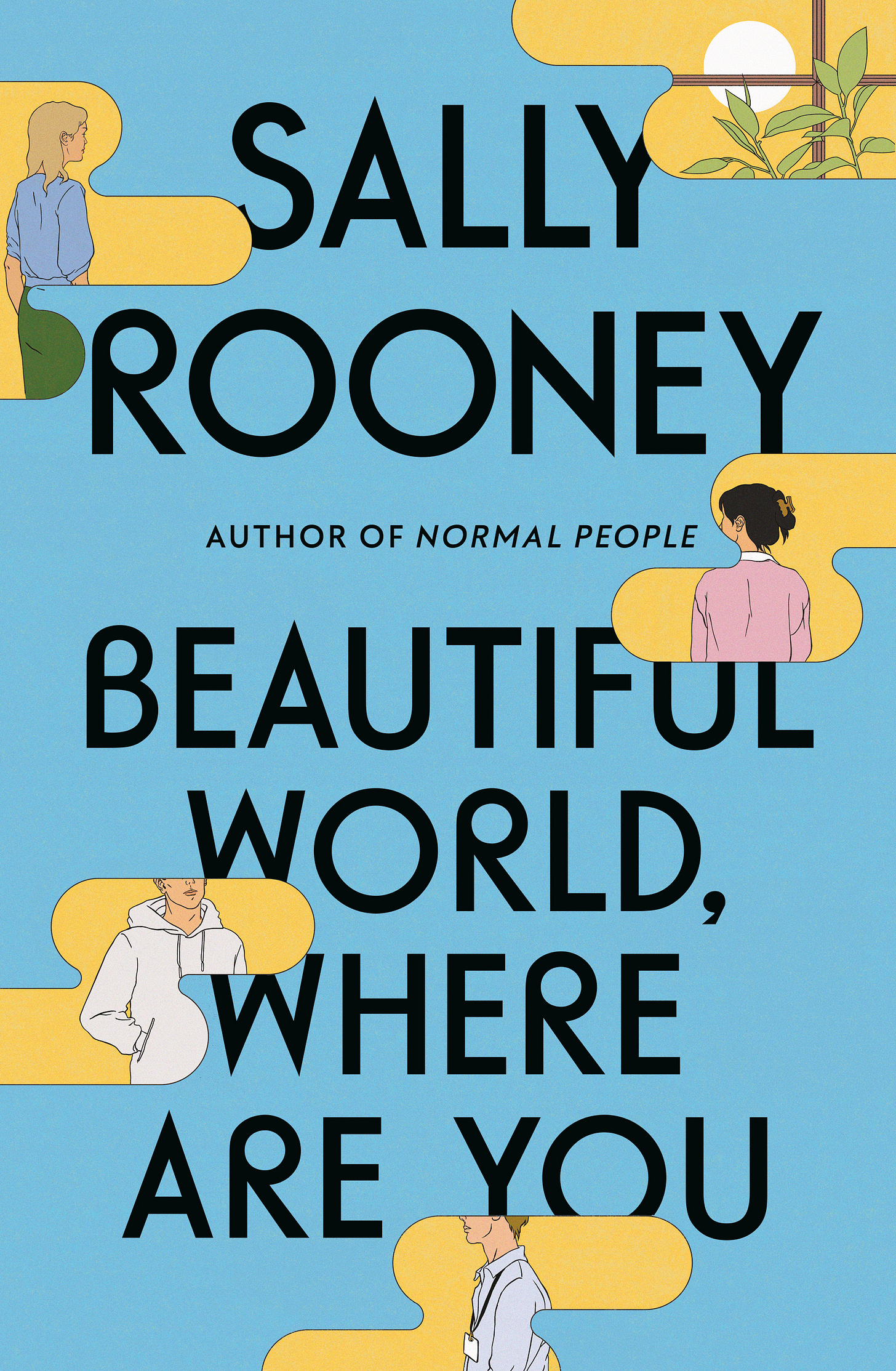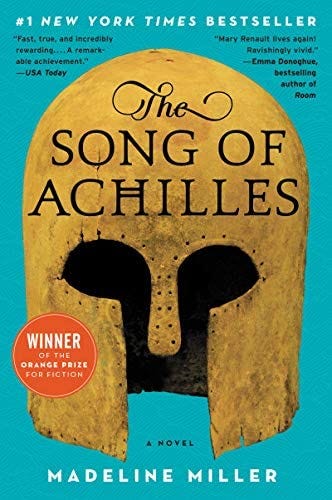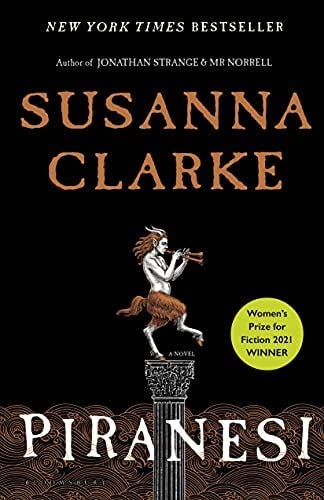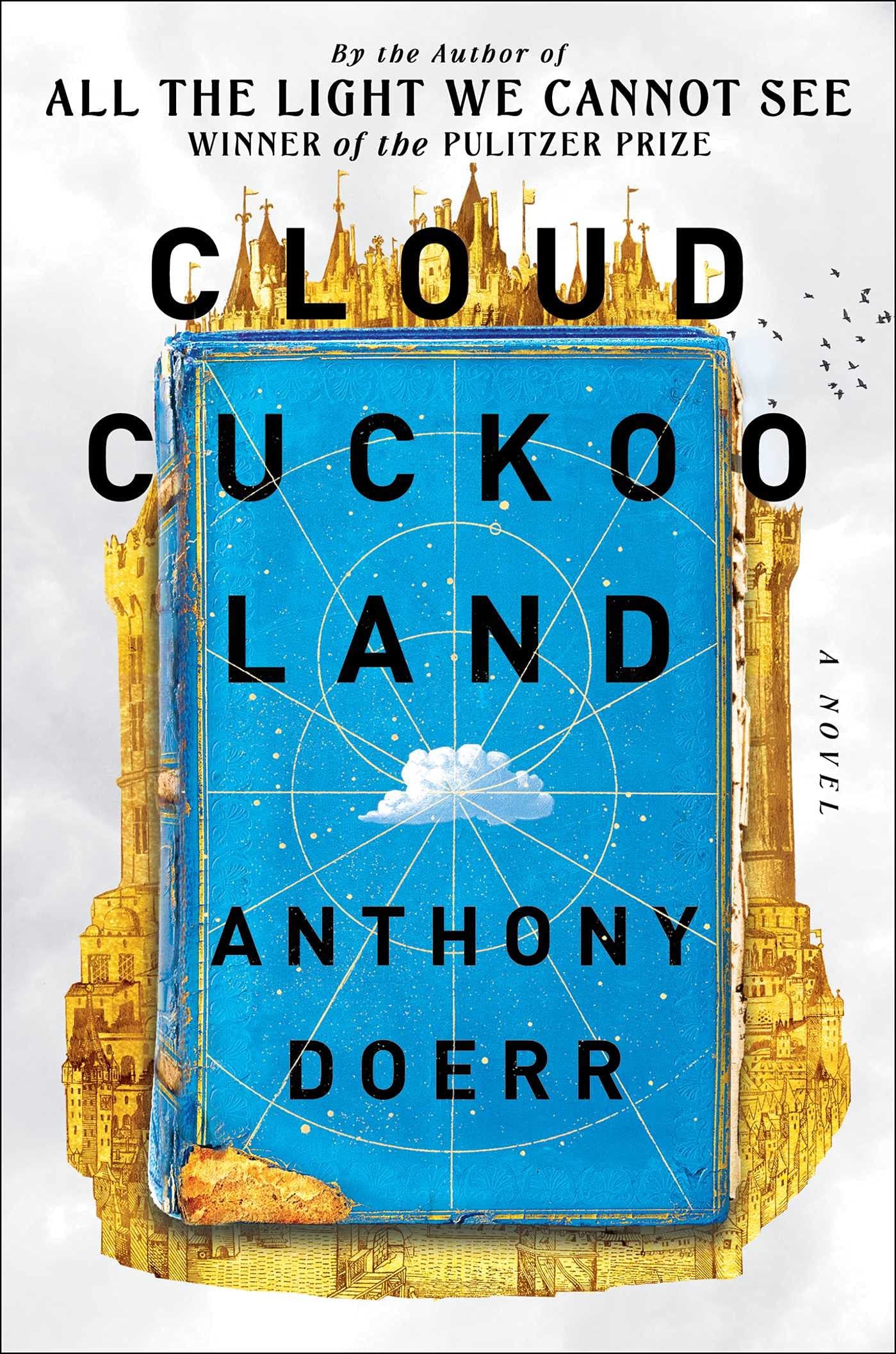my TOP 5 BOOKS of 2022
I finally read Song of Achilles ok!!! you can stop telling me to read Song of Achilles!
“When I was a kid, I used to read all the time.”
I hear that from a lot of people, and I totally get it, because I was that way too. Not sure what was going on in elementary schools in the early 2000’s, but they were churning out big readers, big time. I was certainly not one to resist those Scholastic Book Fairs, and I’m at least 40% sure that’s where my money-spending problems stem from.
Regardless, it seems we were all reading books nonstop as kids, until about high school, when all we cared about was getting into college. And from college, all we cared about was reading class-required texts and making sure we weren’t clinically underfeeding ourselves.
It wasn’t until late 2020 that I decided I wanted “to start reading again.” As a writer, I’ve always been a reader, and even when I wasn’t actively reading novels during high school and college, I was still collecting books hoping that I would be filled with the motivation and desire to read that possessed me so strongly when I was a child. Only, it’s not really a motivation thing.
I realized the problem with my Not Reading was a result of an atrophy - the discipline muscle. I began to task myself with completing one chapter a night of whatever I wanted to read, and pretty soon, I was finishing novels.
All this to say, I’m really pleased that I’ve been able to enjoy books again the way I used to, and I think all “burnt out gifted kids” (or whatever we’re calling it now) have this capacity. I read all kinds of things in 2022, exploring genres and authors and catching up on things I’d had recommended to me a million times.
These are the five books I enjoyed the most in 2022, in no particular order.
the 5 best books I read in 2022
Beautiful World, Where Are You by Sally Rooney
I missed the Sally Rooney craze whenever Normal People came out, which is good apparently, because there is some sort of scandal that I did not have the privilege of understanding. But bucket hats aside, I picked up this novel because I’d never read any of Rooney’s work and I wanted to see what the hubbub was about, and boy, was there hubbub.
This is a great novel, and I think it’s a novel that will best be read as soon as possible or in 100 years when historians are trying to figure out what the hell was going on with all of us. It absolutely captures what it is like living in this moment in time, particularly at the age of, say, an “early adult” (being 20-30 years old).
I abhor the phrase “show don’t tell” because we’ve all had it bashed into our brains a thousand times, but Rooney is a master of this lesson. Readers are never told how someone is feeling, or how a character feels about another. We simply watch what happens before us as though it were an artsy indie movie; the novel is a series of conversations happening between two to four people with different quiet backdrops - someone’s kitchen, a pub. When you first read Rooney’s work, or maybe when you read her for the first time as I did, you have to overcome or otherwise ignore the urge to read it as pretentious.
People use the word “pretentious” a lot to describe anything requiring effort or analysis. I don’t think Rooney’s work is pretentious. I think you just have to pay a bit more attention to it. There’s no dramatic arguments or big explosions or airport confessions. There’s a sense of fading beauty to the novel. Our characters are adrift. They feel as though something is about to happen - that the world is about to change, and maybe not for the better. It’s exactly how I find myself feeling between insurrections and pandemics and climate catastrophes.
But the novel is ultimately hopeful, and though none of the characters are very likable, you want the best for them anyway.
My one gripe about Rooney’s style is the way she chooses to tag dialogue, or rather, the way she doesn’t tag dialogue. If you’ve read her before, you know what I’m talking about. I think the way she refuses to tag it makes passages more confusing to read than they should be. Blocks of text will sit dense on the page when there is no reason for it to and it can make certain pages unsightly, but this is me nitpicking.
The Song of Achilles by Madeline Miller
OKAY EVERYONE I READ IT! See! I read it!
This is the required reading for every gay person on the planet or anyone who read Percy Jackson books as a kid (the overlap for these is basically a clean circle anyway). It is a retelling of the story of Achilles from the perspective of Patroclus, fellow Greek soldier and the man who was very clearly Achilles’ lover.
Told from Patroclus’ point of view, the story delves into what it’s like to love someone who is extraordinary. Patroclus feels alienated by Achilles’ godhood, and by the way heroism demands sacrifice. I’m no historian, but I don’t think we know a whole lot about Patroclus as a person. And yet, Miller is able to make both Patroclus and Achilles so real and human.
There is a lot of hype surrounding The Song of Achilles, but I was not disappointed by it. There are killer one-liners in here that Madeline delivers at important moments. I think she withheld a lot of the emotional stuff because the story is dramatic enough on its own. Sometimes the melodrama seeps out a bit, but for the most part, it’s reserved for those one-liners that were scientifically engineered to make me very very sad.
There were a bit of pacing issues that happened at the end, where everything leading up to certain events (I feel like the outcome of Achilles and Patroclus are well-known, but I’ll try to be spoiler-free during this) happened pretty quickly relative to the rest of the novel. Honestly, I’m not sure how Madeline would have fixed the pacing, though, since the length of the novel feels appropriate.
Anyways, it’s good. Is it as good as everyone says it is? I don’t know, I guess that depends on what you like. I will say I’m glad I read it in 2022, when the novel is distanced from its own hype, especially since the reputation of this one precedes it 100% of the time.
Piranesi by Susanna Clarke
This was my sleeper hit of 2022. I knew nothing about this novel, and that’s the best way to go into it. It is so hard to explain to people but it’s so good. It’s a book that, the more I reflect on it, the more that I like it. In a nutshell, it is about a man who lives in a giant house full of statues. The house is all he has ever known, and in his attempt to understand the building, he catalogs its contents with religious fervor.
Sounds confusing? It is. But there is a lot going on in this book. The story is far more than meets the eye, and Clarke never gives you more information than you need. The story is told from Piranesi’s perspective; he is a wonderful unreliable narrator and the best medium through which the story is told. He is kind and optimistic, but also naïve.
The house as a concept is just so cool to me. It is the world. It is God. It reflects ourselves back to us. Everything is its ideal form.
I don’t want to spoil this book for anyone who hasn’t read it, but it’s really wonderful and its magical realism aspects were a pleasant surprise to me. The first few pages are tough to get through because the narrator is extremely detailed about directions, but I promise, it is worth it to get through the density of those details.
Cloud Cuckoo Land by Anthony Doerr
This is a real big boy of a book. It came out in 2021 and was in everyone’s face for a while because it is the newest from Doerr following up All the Light We Cannot See, the winner of the 2014 Pulitzer Prize for Fiction (and a book I have not read).
I mostly wanted to read this because of how much everyone was talking about it - everywhere I looked, it was on peoples’ lists, in YouTube videos, on bookshelves, etc. It follows multiple characters who live in vastly different time periods, with a made-up folktale sitting as the through-line. It’s about truth, and information, and accessing information, which I think are all topical.
I was fascinated by the characters and drawn into the way Doerr moved back and forth through time. He seemed to know exactly when to draw away from a character and when to move back into their life in ways that left me wanting to know more, missing certain characters, or understanding more about one character through another.
The relationships between these characters and how their lives intersected were the best qualities of the book. At over 600 pages, I think it is overwritten. I concede that there is also very little in the way of an overarching plot, which seems to be most people’s gripe with the novel.
In terms of pure craft, though, it’s really a treat. If you don’t want to read a book this long, then don’t read a book this long - that’s fine, too. I enjoyed this a lot, but I don’t think it’s for everyone, and I do wish it had a bit more in terms of plot.
Nona the Ninth by Tamsyn Muir
This is all I really care about, to be honest.
The third novel in what was originally a trilogy and has now become a four-book series, Nona the Ninth is a part of the Locked Tomb series and a sequel to Gideon the Ninth and Harrow the Ninth. I could describe the book’s plot and characters a bit, but if you don’t know anything about the series, it won’t make a lick of sense to you.
It’s about necromancers in space, kinda. There, I tried.
This book is amazing. It’s an unexpected follow-up to Harrow, and when I started to understand what was going on, I thought, “God, how is she gonna pull this off?” But she did! I cared so much about Nona by the end of this. The dynamics between her and the characters we are already familiar with are so warm and fuzzy and sweet, which makes everything that happens later so much more heart wrenching.
We learn a lot about John, which is the biggest question we have coming out of Harrow, but it is definitely information served to us on a silver platter - a little disappointing coming from Muir, who has, so far, mastered giving us mysteries to solve.
What we do learn is wild, though, and I loved every minute of this. I continue to feel as though the idea running through the Locked Tomb series is that love changes you - literally. Love is death. Love is pain. Love and grief are not two separate things, but things that are inexplicably intertwined. They are not black and white in opposition to one another, but a field of tiny black and white dots that look gray from a distance, all mixed up. It is about being consumed by love, and giving everything up, and transforming yourself into something new.
It’s also the only book to ever make me cry! So it gets five stars for that.
Muir’s prose continues to be as good as ever.









